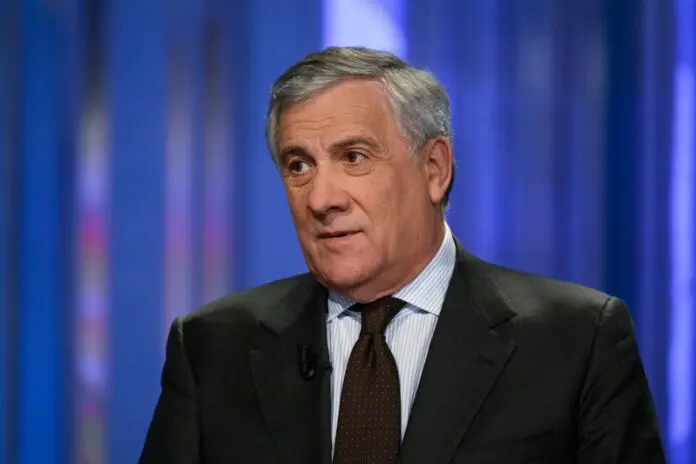“Italy will have an important role in the next European Commission,” asserts Deputy Prime Minister and Foreign Minister Antonio Tajani in an interview with Corriere della Sera. “I am certain of this,” he emphasizes. “Firstly, because the second largest governing party, us, voted for von der Leyen and, like Prime Minister Meloni, has supported the Commission every time it has acted fairly and reasonably. This will continue in the future. Secondly, it’s not a favor to assign us a central role; rather, Europe needs Italy. Thirdly, we will propose a commissioner of great balance, experience, and European commitment, like Fitto. Finally, the guiding star for Forza Italia remains Europe and transatlantic relations. We are a guarantee; Italy is indispensable.” Regarding Fitto’s nomination, Tajani expresses hope that the opposition will also support and vote for him, as strength as a country is crucial in Europe, regardless of party affiliation. “Berlusconi personally supported Gentiloni in Brussels.”
On the controversies arising after Tajani rejected two of Borrell’s proposals—the permission for Ukraine to use arms provided by allies on Russian territory and sanctions against Israeli ministers who used “hate” speech against Palestinians—Tajani comments, “I truly don’t understand how anyone can criticize Italy’s position, which is absolutely balanced and responsible.” He adds, “We stand with Ukraine unconditionally. We have provided military, political, and humanitarian aid through nine packages. We will host the reconstruction conference in June 2025 and are working towards a peace conference. But we are not at war with Russia. What authorization are we giving, to bomb Moscow? What would the limit be? We need to be serious, avoiding any possible escalation. And this is what we have done from day one. I would also like to point out that Borrell speaks on his own behalf, not on behalf of the member states, which have different legislations and, in fact, did not express themselves yesterday. Moreover, he is the outgoing High Representative.”
Regarding sanctions against Israeli ministers, Tajani believes it is a serious mistake. “It is one thing to sanction settlers who have committed violence, and another to sanction ministers of a sitting government. This would mean breaking diplomatic relations with Israel. Who would benefit? It would only risk worsening the conflict and hinder the possibility of being mediators.” He continues, “We must denounce disproportionate reactions and condemn them. However, sanctions would only lead to a breakdown. Similarly, recognizing the State of Palestine unilaterally, unfortunately, achieves nothing. The tension is high, and the situation is extremely delicate. Diplomacy is required. We have made ourselves available with the ‘Food for Gaza’ operation, insisted on a humanitarian truce to vaccinate children, and confirm our readiness for a UN operation to build the State of Palestine, as we support two states for two peoples. But without slogans or unilateral and counterproductive actions. If there is a country with a clear foreign policy stance, it is Italy.”

